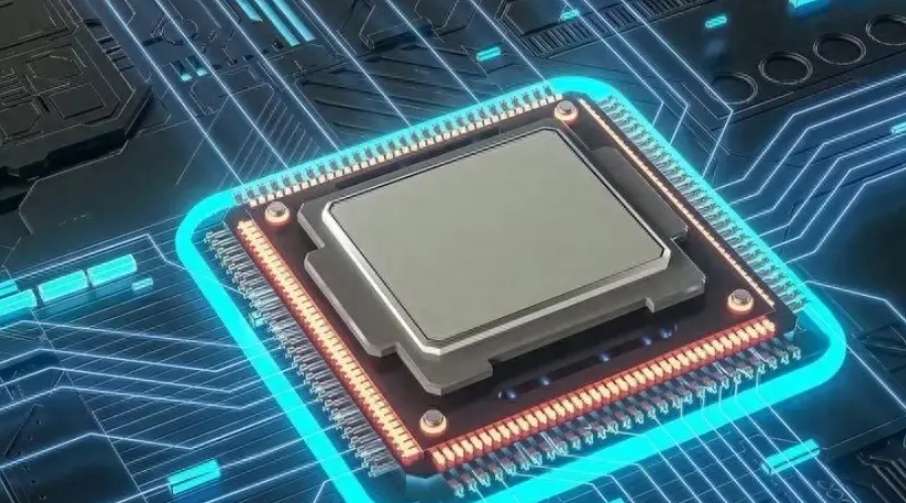The technology landscape is continuously evolving, yet the challenges that come with innovation often seem to overshadow the advancements themselves. The recent development concerning Nvidia's next-generation AI chip, Blackwell, highlights just such a dilemma in the world of tech giants like Microsoft, Amazon AWS, Google, and Meta.
On January 13, 2023, reports emerged indicating that during its deployment to data centers, Nvidia encountered considerable technical setbacks with the Blackwell chips. Issues such as server rack overheating and abnormal chip connections surfaced, creating significant hurdles in the rollout process. As a direct result, several key clients have opted to slash orders for Blackwell’s GB200 rack systems. This is no insignificant blow for Nvidia, especially given its highly touted expectations surrounding the Blackwell chips.
A notable case involves Microsoft, which had initially anticipated a substantial deployment of these chips at its Phoenix data center. Due to impending delivery delays, however, the data center is now saturated with H200 chips instead. Speculation has arisen that if Nvidia fails to remedy these dilemmas, the performance of the Blackwell chips might ultimately fall below the benchmarks the company had promised.
Investors responded swiftly to this news; Nvidia shares plunged by as much as 4.7% during early trading, ultimately closing down by 1.97% on the day. Such fluctuations illustrate the delicate relationship between tech innovation, investor confidence, and market performance.

Expectation surrounding the Blackwell chip was palpable. Boasting a fourfold increase in energy efficiency compared to its predecessor, Hopper, Blackwell was designed to capture the interest of large tech firms with hefty orders surpassing $10 billion each. These companies include some of the most formidable players in the tech space—Microsoft, Amazon, Google, and Meta. However, integrating multiple high-power chips into a single server rack has proven more challenging than anticipated. Each Blackwell rack stands taller than a common refrigerator and approaches the weight of a Honda Civic, creating a need for a specialized water cooling system instead of a conventional air-cooling system.
For most AI developers and data center operators, deploying such specialized racks presents an entirely new and complex task. Not every data center can accommodate the environmental demands these racks impose, compelling clients to revise their deployment strategies. Consequently, some customers have begun to withdraw their orders for the Blackwell GB200 racks. For example, while some clients may now wait for an anticipated upgraded version set to launch in the latter half of the year, others plan to source Nvidia’s previous generation AI chips instead. Instead of purchasing fully integrated rack systems, there’s a potential pivot toward individually acquiring Blackwell chips for in-house assembly.
Despite these setbacks, Nvidia still holds the potential to turn the tide. Should the company manage to resolve these technical concerns expediently, it’s plausible that clients may well increase their orders once again. Furthermore, while issues persist with the racks, the raw performance metrics of the Blackwell chips continue to outperform the previous generation, thereby opening avenues for Nvidia to find alternative buyers for any ‘problematic’ systems.
Last November, Nvidia projected that Blackwell would contribute billions of dollars in revenue during the first quarter of 2023, anticipating a massive boost in data center chip revenues—from $47.5 billion to an impressive $150 billion within a year. The energy efficiency of the Blackwell chips was designed to attract cloud service providers keen on maximizing computation efficiency under fixed energy constraints. Herein lies a critical aspect of Nvidia's market strategy—build chips that not only push technological boundaries but also align with the operational imperatives of today’s technology-first companies.
As for the deployment plans directly influenced by these delays, insiders have revealed details regarding Microsoft's intentions. In collaboration with OpenAI, Microsoft was poised to install at least 50,000 Blackwell chips in its Phoenix facility. However, with the Blackwell chips delayed since last year, OpenAI has urged Microsoft to provide H200 chips earlier. As a result of this pivot, the Phoenix data center is now predominantly filled with H200 chips instead of the anticipated GB200 racks.
It should be noted that Microsoft currently aims to install 12,000 Blackwell chips at a facility in Phoenix this March—merely a quarter of the original goal. Additionally, according to a representative cooperating with Microsoft, procurement for the GB300 Blackwell racks is anticipated once they become available later this year.
Nvidia had initially aimed to commence client shipments of the Blackwell racks by the end of last year, but design flaws in the chips caused a three-month delay. Although some issues have since seen resolution, concerns around overheating escalated as clients took delivery in November. This prompted Nvidia to frequently request suppliers to adjust designs to manage the thermal dynamics better.
Nevertheless, the technical hurdles appear to persist. Three individuals involved in rack testing have indicated that clients noted inconsistencies in data transfer between the chips—an essential function for effective network operations. If unresolved, these issues could prolong the setup times for Blackwell racks beyond initial expectations, raising fears that the ultimate performance could lag behind what Nvidia had pledged.
The ramifications of these challenges resonate deeply within the industry. The drive for technological advancement often intersects with hurdles that put the roadmap to realization in jeopardy. Nvidia, a titan in the AI chip market, must navigate this tricky terrain by learning from these setbacks, adapting its strategies, and re-establishing trust with its clients. If all goes well, the saga of Blackwell could evolve from a cautionary tale into a triumphant narrative of recovery and innovation in the face of adversity.
 October 30, 2024
October 30, 2024